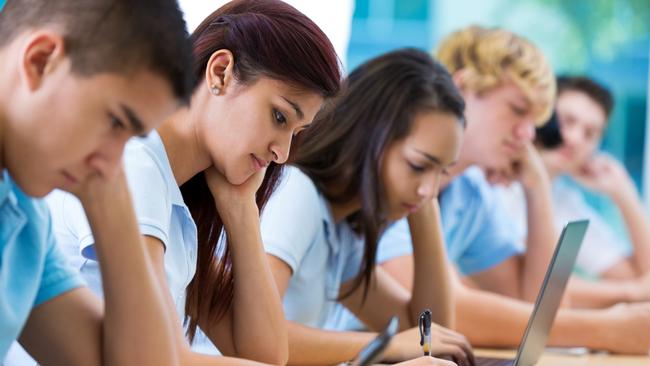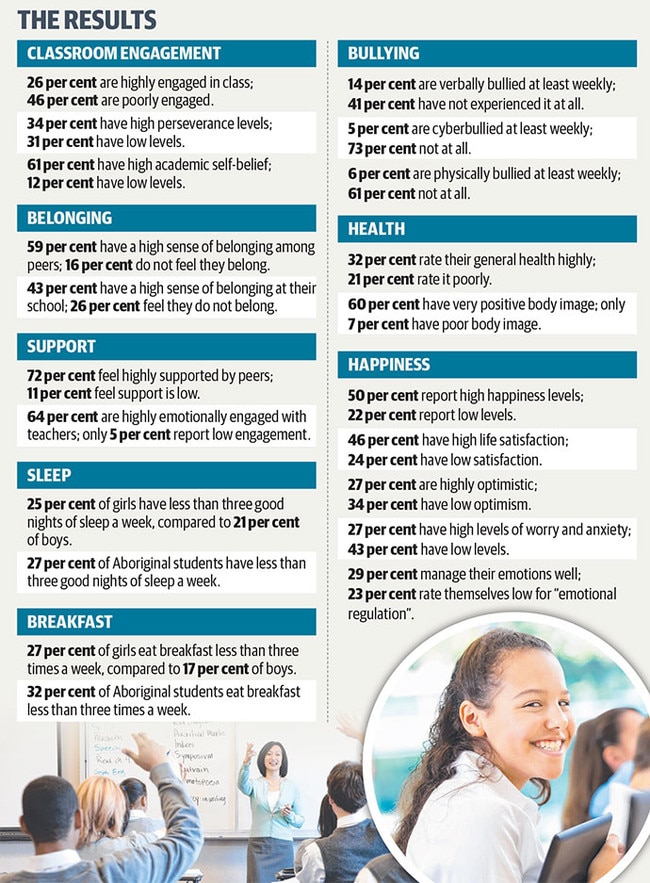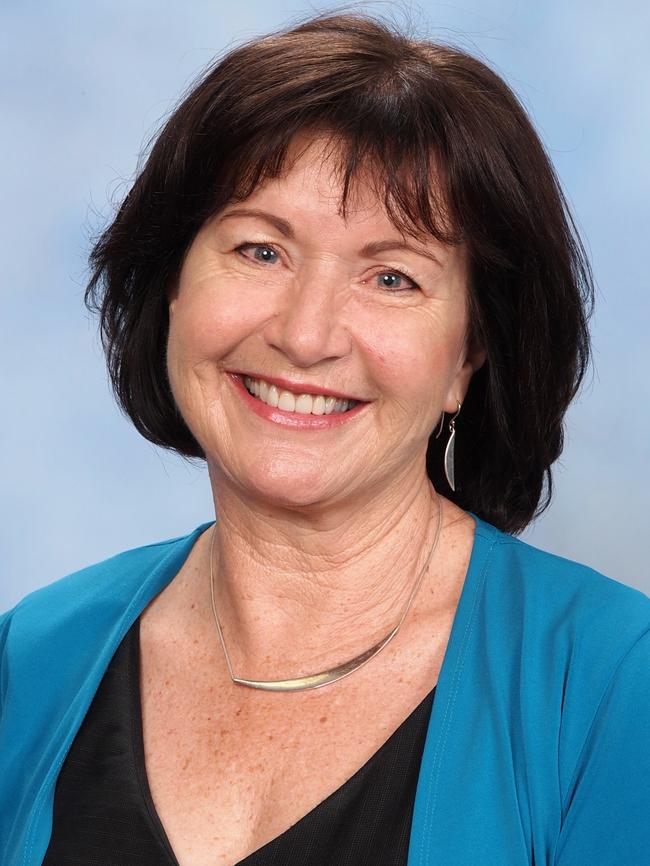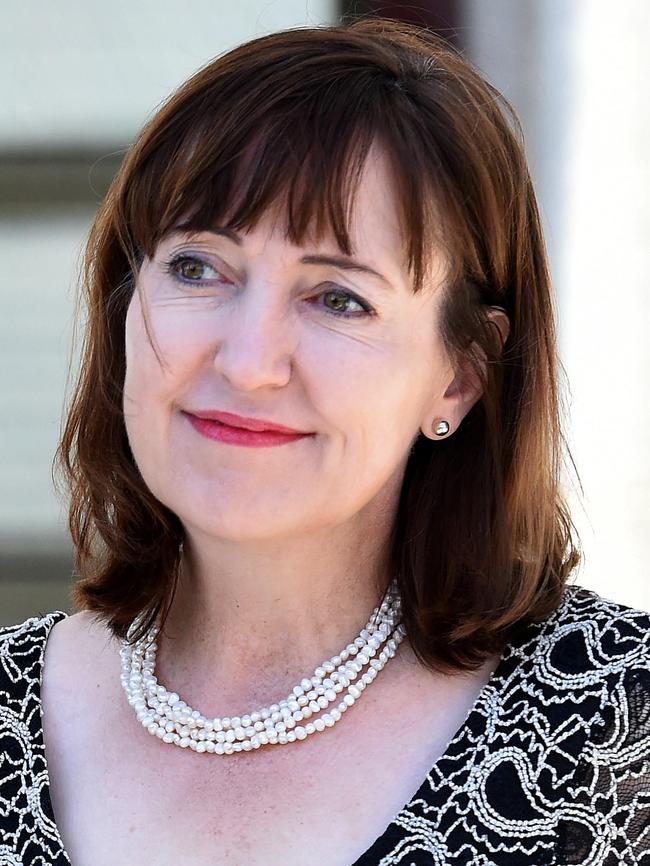More than 43,000 children surveyed in SA’s biggest ever study of student wellbeing
HALF of Year 8s and 9s are tuning out of classroom activities and more than 70 per cent have experienced bullying, the state’s largest ever survey on student wellbeing has found — involving 43,000 pupils.

SA News
Don't miss out on the headlines from SA News. Followed categories will be added to My News.
- Parents want minimum age for students to transition gender identity
- All Year 12s targeted for survey about their tertiary education choices
- Your say, SA survey shows students need to acquire life skills
HALF of Year 8s and 9s are tuning out of classroom activities and more than 70 per cent have experienced bullying, the state’s largest ever survey on student wellbeing has found.
The Education Department study, involving 43,000 children from Years 6-9 across 500 schools, most of them public, found more than a quarter of girls aren’t getting enough sleep and about the same number are skipping breakfast most days.
While most kids said they felt supported by teachers and friends, a quarter struggled for a sense of belonging and rated their “school climate” — a measure of respect, care and help among pupils and teachers — as low.
The department has conducted voluntary wellbeing surveys since 2013, with growing numbers of schools and students participating each year.
The release of the 2016 study report, following repeated requests from The Advertiser, is the first time statewide results have been made public.

Most alarming was the large majority of children who complained of bullying at least once in a school year, while 14 per cent said they were bullied at least weekly.
Verbal bullying was the most common, while cyber-bullying increased as children got older.
The findings showed that most students were strongly confident in their own academic abilities, though confidence waned in early high school.
Almost half of students reported low classroom engagement and one in three admitted to low levels of perseverance.
Sleeplessness and skipping breakfast became bigger problems as students got older, with girls struggling more than boys — a quarter of girls had no more than two good nights of sleep a week.
The report says results from previous years, matched with NAPLAN scores, showed academic self-belief, perseverance and eating breakfast were the key wellbeing indicators to educational achievement.
Education Department executive director for early years and child development Ann-Marie Hayes said the feedback was being used to develop teaching strategies that boost engagement and lift perseverance levels.


Ms Hayes said many schools in disadvantaged areas ran breakfast programs, while other schools were communicating with parents about the importance of breakfast to learning.
SA Primary Principals Association president Pam Kent said too many children took mobile phones to bed that were a “constant distraction” through the night, disturbing their sleep.
Ms Kent said the high proportion of disengaged students was concerning and “we need to dig a bit deeper to find out why”.
Other findings included:
THREE-QUARTERS of students took part in at least two activities outside of school such as sport and music.
TOO much homework was one of the major barriers to students doing after-school activities. Yet a quarter of upper primary and a fifth of lower secondary students had not done any homework in the previous week.
ONE in five students considered their general health to be poor, but only 7 per cent had strong body image concerns.
BY Year 9, girls were twice as likely to suffer from high levels of worry and sadness than boys.
Students completed the 80-item, online questionnaire in class-time.
The 466 public and 34 private schools that took part have each received a separate report on their results.
Education Minister Susan Close will on Friday announce $1.8 million to be split among 20 groups of schools known as “partnerships” that have been identified as having the greatest need.
Schools will be funded to train staff in engaging students who have experienced trauma, and to run programs to build students’ self-confidence. Boosting attendance and resilience among Aboriginal students is another focus.
“Our focus on measuring student wellbeing demonstrates South Australia’s leadership in implementing measures across the education system to gain a holistic view of student development,” Dr Close said.
SA Association of School Parent Communities Jenice Zerna said schools needed to run more information sessions for both parents and students on issues such as sleep and breakfast.
“This is a really good example of when the department and the schools should be working closely with parents because the wellbeing of students is so important,” she said.



